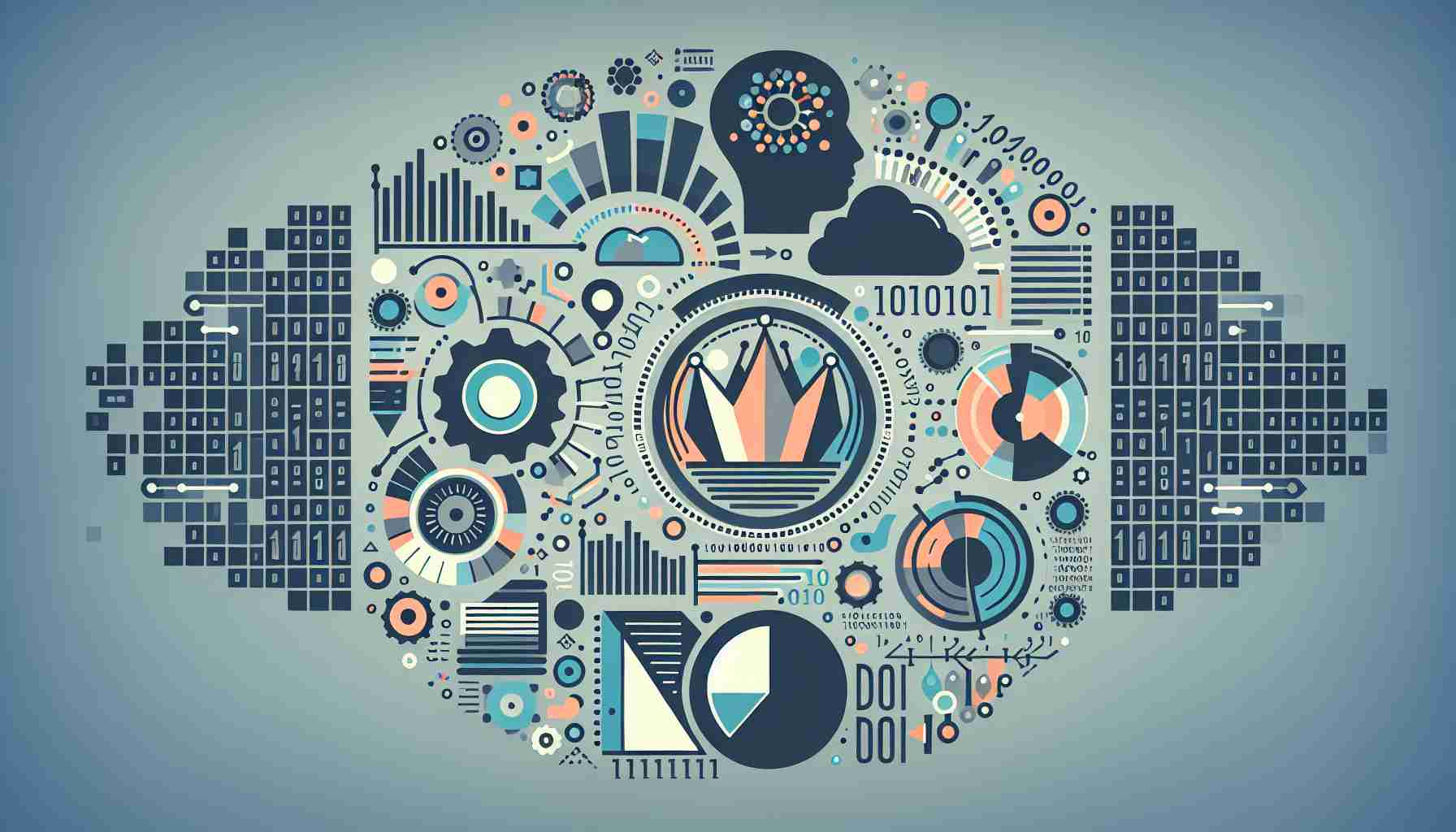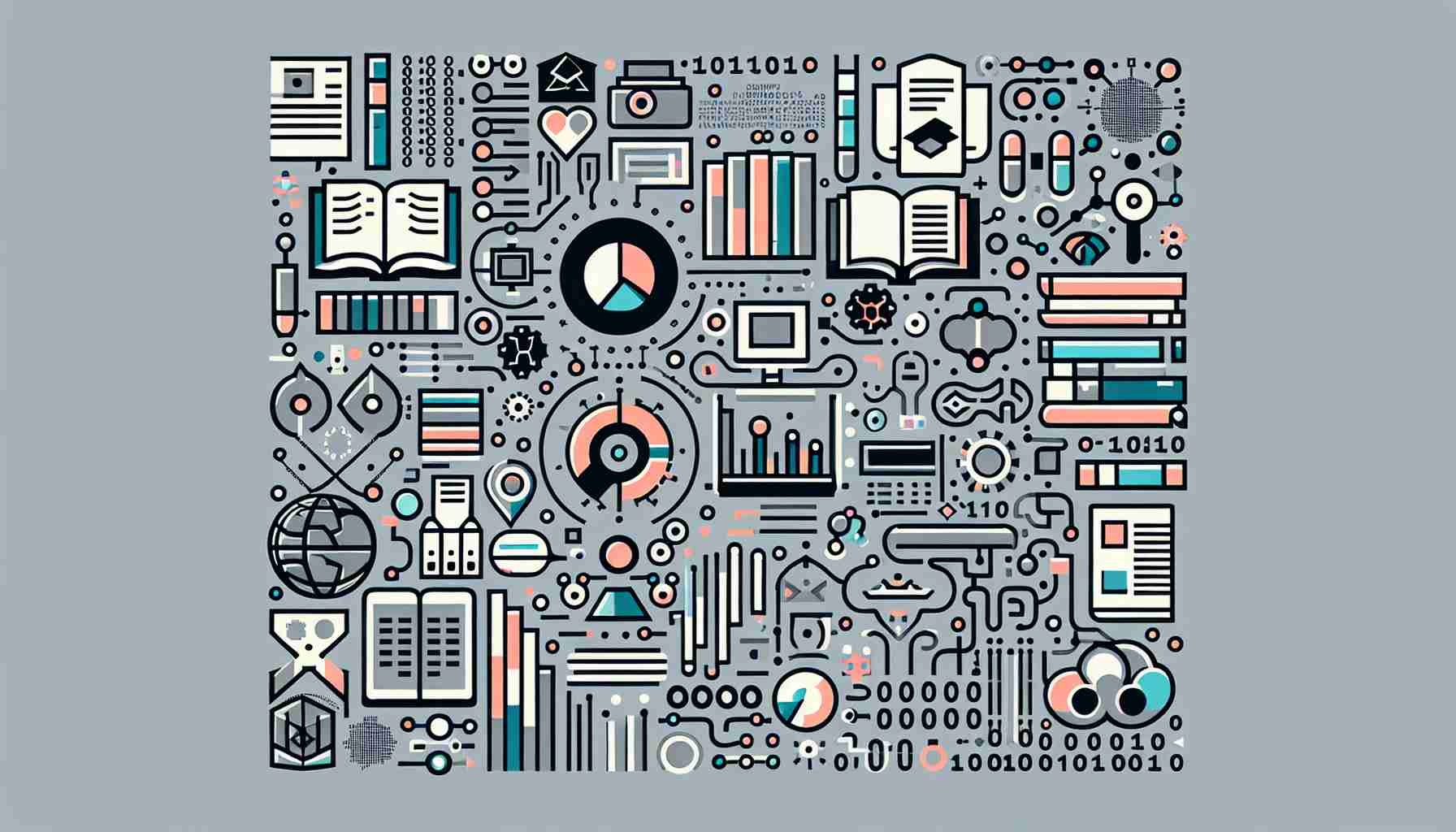Understanding Data Literacy A Comprehensive Guide

Data Literacy Briefly Summarized
- Data literacy is the ability to read, understand, create, and communicate data as information.
- It involves competencies that are distinct from traditional literacy, such as interpreting graphs and charts, understanding data sources, and analytical thinking.
- Data literacy is crucial in a data-driven world, enabling individuals to make informed decisions based on data analysis.
- It encompasses a range of skills, from basic data comprehension to advanced data manipulation and interpretation.
- Enhancing data literacy can lead to better business outcomes, informed policy-making, and a more engaged and knowledgeable society.
In the age of information, data has become a central aspect of both personal and professional life. The term "data literacy" has emerged as a vital skill set in this data-rich environment. But what exactly does it mean to be data literate, and why is it so important? This article delves into the concept of data literacy, its significance, and how it applies to data analysis.
Introduction to Data Literacy
Data literacy is the ability to read, understand, create, and communicate data as information. It is a multifaceted skill that goes beyond the basic ability to read text and numbers. Data literacy includes the competence to interpret complex data sets, understand data collection methods, analyze data using various techniques, and effectively communicate findings to inform decisions.
In our digital world, data is ubiquitous. From social media statistics to sales figures, data shapes the way organizations operate and how individuals interact with the world around them. As such, being data literate is no longer a luxury but a necessity for navigating the modern landscape.
The Importance of Data Literacy
Data literacy is critical for several reasons:
- Informed Decision-Making: Data-literate individuals can interpret data accurately, leading to better decision-making in both personal and professional contexts.
- Empowerment: It empowers people to ask the right questions of data, discerning what is relevant and what may be misleading.
- Career Advancement: In the job market, data literacy is increasingly sought after, with many employers valuing the ability to work with data effectively.
- Social and Civic Engagement: A data-literate populace is better equipped to understand and engage with societal issues, such as public health data or economic reports.
- Innovation and Growth: Organizations with data-literate employees are more likely to innovate and grow, leveraging data to drive strategy and operations.
Developing Data Literacy Skills
To become data literate, one must develop a range of skills. These include:
- Understanding Data Sources: Knowing where data comes from, how it is collected, and its limitations.
- Analytical Thinking: The ability to critically analyze data, identify patterns, and understand relationships.
- Data Manipulation: Skills in manipulating data sets, such as sorting, filtering, and summarizing data.
- Data Visualization: Creating and interpreting visual representations of data, such as charts, graphs, and dashboards.
- Communication: Effectively communicating data insights to various audiences, often using storytelling techniques to make the data relatable.
Data Literacy in Data Analysis
Data analysis is the process of examining, cleaning, transforming, and modeling data to discover useful information, inform conclusions, and support decision-making. Data literacy plays a crucial role in each step of this process. A data-literate analyst can not only perform technical tasks but also interpret the results in a meaningful way and communicate them to stakeholders.
Challenges in Achieving Data Literacy
Despite its importance, achieving data literacy can be challenging due to:
- Complexity of Data: Data can be complex and overwhelming, requiring specialized knowledge to understand.
- Rapid Technological Change: The tools and techniques for data analysis are constantly evolving, necessitating continuous learning.
- Cultural Barriers: In some organizations, there may be resistance to becoming more data-driven, which can hinder the development of data literacy.
Strategies for Enhancing Data Literacy
Organizations and individuals can take several steps to enhance data literacy:
- Education and Training: Offering courses and workshops to teach data literacy skills.
- Creating a Data Culture: Encouraging a culture that values data and its potential to improve outcomes.
- Providing Tools and Resources: Making data analysis tools accessible and providing support for their use.
- Promoting Data Sharing: Encouraging the sharing of data and insights across departments and teams.
- Leading by Example: Leaders should demonstrate the value of data literacy by using data in their decision-making processes.
Conclusion

Data literacy is an essential skill in today's data-driven world. It enables individuals to make sense of the vast amounts of data they encounter and use it to make informed decisions. For organizations, fostering data literacy among employees can lead to more effective strategies and competitive advantages. As data continues to grow in importance, the demand for data literacy will only increase.
FAQs on Data Literacy
What is data literacy? Data literacy is the ability to read, write, and communicate data in context, including an understanding of data sources and constructs, analytical methods, and the ability to convey the significance of data to others.
Why is data literacy important? Data literacy is important because it enables individuals and organizations to make better decisions based on accurate data analysis, fosters a culture of evidence-based decision-making, and is a critical skill in the modern workforce.
How can I improve my data literacy? Improving data literacy can be achieved through education, practical experience, and the use of data analysis tools. Engaging with data in your daily work, attending workshops, and collaborating with data-literate colleagues can also enhance your skills.
Can data literacy be self-taught? Yes, data literacy can be self-taught through online courses, tutorials, and practice. There are many resources available that cater to different levels of expertise.
Is data literacy only important for data professionals? No, data literacy is important for everyone in an organization, from entry-level employees to executives. In a data-driven world, being able to understand and communicate with data is a valuable skill across all roles.
Sources
- Data literacy
- Data literacy explained: Definition, importance, examples, and more
- Welcome to The Data Literacy Project
- A Data and Analytics Leader's Guide to Data Literacy - Gartner
- Data literacy - Wikipedia
- Definition of Data Literacy - Information Technology Glossary - Gartner
- Data Literacy: An Introduction for Business
- Data Literacy | World-Class Training, Assessements, & Resources
- How to build data literacy in your company | MIT Sloan
- What is data literacy? | Definition from TechTarget